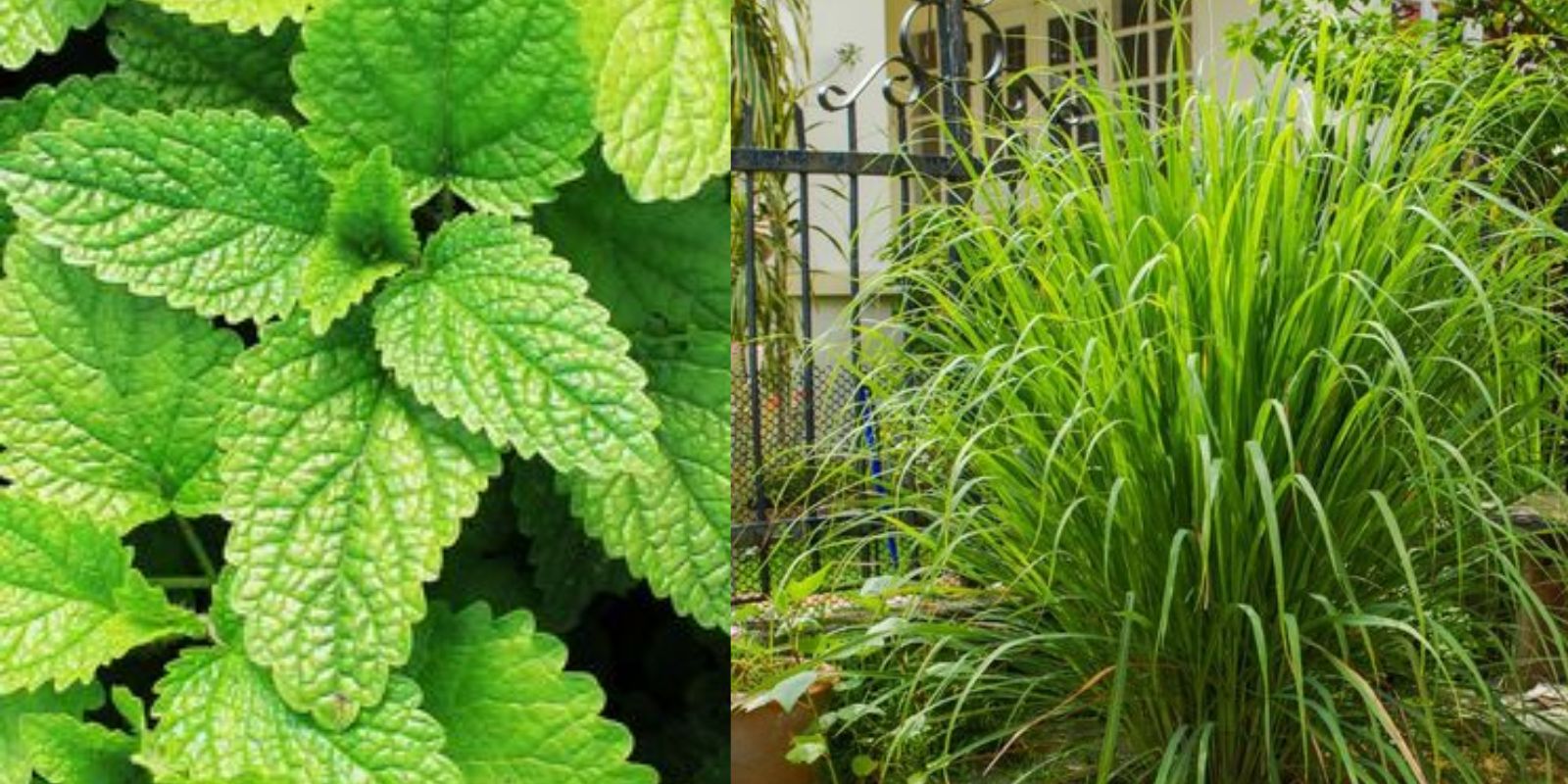Transforming your balcony or terrace into a peaceful retreat free from mosquitoes is not only achievable but also adds aesthetic charm with the right choice of ornamental plants. By strategically selecting plants known for their mosquito-repelling properties, you can effectively deter these pests while enhancing your outdoor living experience. This comprehensive guide explores the benefits of using ornamental plants for mosquito control, the best plant choices, and practical tips for maintaining a mosquito-free environment.
Introduction
Imagine enjoying a quiet evening on your balcony or terrace, surrounded by lush greenery and beautiful flowers, without the constant nuisance of buzzing mosquitoes. Ornamental plants offer a natural and sustainable solution to repelling mosquitoes, making your outdoor space not only more pleasant but also healthier and more enjoyable. Let’s delve into the steps to achieve this mosquito-free haven and explore the various plants that can serve as your allies in pest control.
Why Choose Ornamental Plants for Mosquito Control?
Ornamental plants provide a dual benefit of aesthetic enhancement and practical mosquito repellency. Unlike chemical sprays or repellents, which may have adverse effects on the environment and human health, mosquito-repelling plants offer a sustainable and eco-friendly solution. They release natural oils or scents that mosquitoes find unappealing, effectively creating a protective barrier around your outdoor area.
Steps to Create a Mosquito-Free Balcony or Terrace
1. Selecting the Right Plants
Choosing the appropriate mosquito-repelling plants is crucial for achieving effective pest control. Consider the following popular options known for their repellent properties:
- Citronella: Known for its strong lemon scent that masks attractants to mosquitoes.
- Lavender: Produces fragrant flowers that repel mosquitoes while attracting beneficial pollinators.
- Lemon Balm: Emits a lemony fragrance that deters mosquitoes and adds a refreshing aroma to your outdoor space.
- Marigolds: Known for their bright blooms and strong scent that repels mosquitoes, as well as other garden pests.
2. Placement and Sunlight Requirements
Ensure your chosen plants receive adequate sunlight, as most mosquito-repelling plants thrive in sunny locations. Place them strategically on your balcony or terrace where you spend the most time and where mosquitoes are likely to gather. Consider using hanging baskets, pots, or raised planters to maximize space and create an attractive display.
3. Care and Maintenance
Maintaining healthy plants is essential for maximizing their mosquito-repelling effectiveness. Follow these care tips:
- Watering: Water plants regularly to keep the soil moist but not waterlogged.
- Pruning: Trim back overgrown foliage to promote airflow and maintain plant health.
- Fertilization: Apply a balanced fertilizer occasionally to encourage vigorous growth and enhance mosquito-repelling properties.
4. Additional Tips for Mosquito Control
- Companion Planting: Combine mosquito-repelling plants with other herbs and flowers that naturally deter pests, such as basil, rosemary, and marigolds.
- Citrus Peel Mulch: Spread dried citrus peels around plants to repel mosquitoes and add nutrients to the soil as they decompose.
- Natural Repellents: Consider using essential oils like citronella, lavender, or peppermint in diffusers or sprays to complement the repellent effect of your plants.
Benefits of a Mosquito-Free Outdoor Space
1. Enhanced Enjoyment of Outdoor Activities
By creating a mosquito-free environment, you can fully enjoy outdoor activities such as dining, reading, or relaxing without the distraction and discomfort of mosquito bites.
2. Eco-Friendly Solution
Using ornamental plants for mosquito control promotes sustainable gardening practices and reduces reliance on chemical insecticides, which can harm beneficial insects and wildlife.
3. Aesthetic Appeal
Mosquito-repelling plants not only serve a functional purpose but also enhance the beauty of your balcony or terrace with their colorful blooms, fragrant flowers, and lush foliage.
Common Challenges and Troubleshooting
1. Monitoring Plant Health
Regularly inspect plants for signs of pests or diseases. Treat infestations promptly with organic solutions to prevent them from compromising the plants’ effectiveness.
2. Seasonal Considerations
In colder climates, protect plants from frost or extreme temperatures by bringing them indoors or providing shelter until the weather improves.
Conclusion
In conclusion, incorporating mosquito-repelling ornamental plants into your balcony or terrace garden offers a natural and effective solution to create a mosquito-free outdoor haven. By selecting the right plants, providing proper care, and implementing additional mosquito control strategies, you can enjoy a peaceful and enjoyable outdoor living space throughout the year. Embrace the beauty and functionality of these plants while contributing to a healthier and more sustainable environment.
Motivation:
Join the movement towards mosquito-free outdoor living and share your experiences with fellow gardening enthusiasts. Together, let’s cultivate vibrant and pest-free balcony and terrace gardens that enhance our quality of life and connection with nature.

